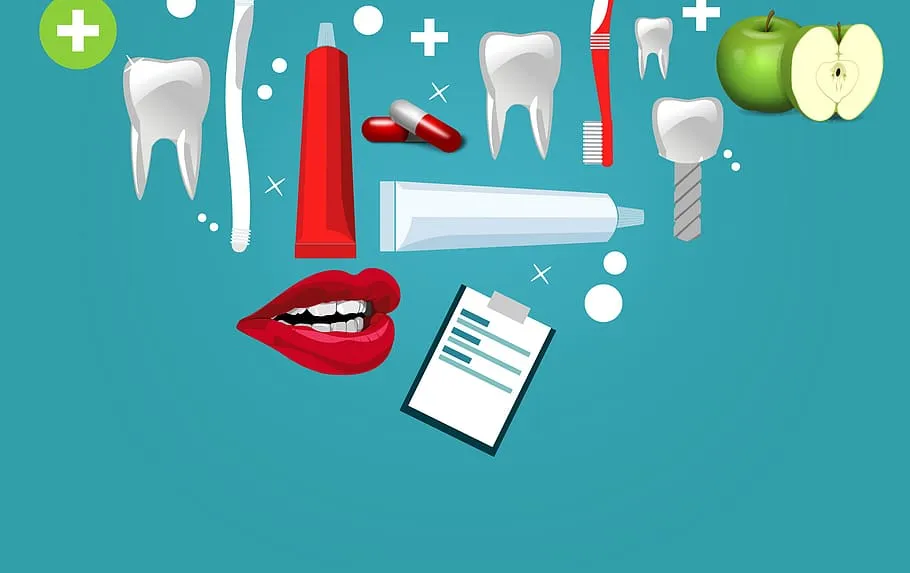Your dental care is also an essential part of your overall cancer treatment. When you are diagnosed with cancer, make sure you let your dentist know about your treatment so he/she can update your medical history. Also, ensure to share your oncologist’s name and number with your dentist. This is because your cancer treatment can have side-effects or can also interfere with your dental treatment.
Before beginning any cancer treatment, your doctor may advise you to complete any major dental procedures. Any form of mouth, teeth or jaw pain or any dental problems must be reported immediately to your oncologist and dentist.
Osteonecrosis of the jaw:
Osteonecrosis of the jaw (ONJ) is an uncommon but severe condition that has occurred in some cancer patients receiving treatment using a particular drug called bisphosphonates. The link between the drug and the disease is only a suspect as of now. When the jaw fails to heal after a minor trauma like a tooth extraction, it leads to the development of ONJ. This may result in the jawbone being exposed. Pain, swelling, gum infections, etc. are the symptoms when you develop ONJ. The factors that may increase the risk of ONJ include:- Radiation therapy to the head or neck
- Chemotherapy
- Anaemia
- Poor dental health
- Poor nutrition
- Poor blood circulation
- Undergo a dental examination
- Complete your existing dental treatments and procedures
- Maintain good oral hygiene
The treatment of ONJ includes:
- Frequent dental assessments
- Oral rinses
- Removable mouth appliances
- Surgery to remove injured tissue
Our Score
Click to rate this post!
[Total: 0 Average: 0]

